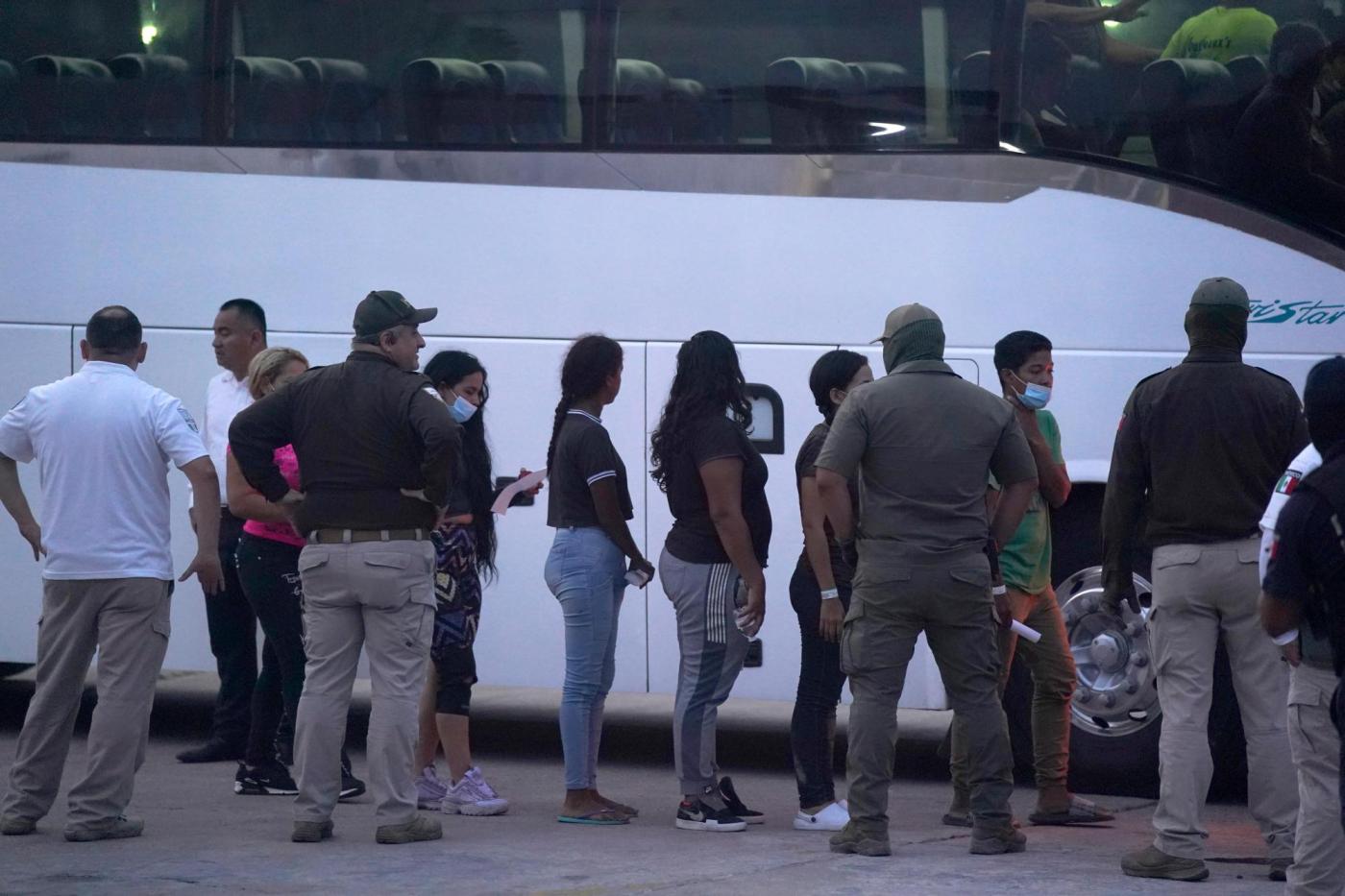
Mexico tests cellphone app allowing migrants to send alert if they are about to be detained in US
MEXICO CITY (AP) — Mexico is developing a cellphone app that will allow migrants to warn relatives and local consulates if they think they are about to be detained by the U.S. immigration department, a senior official said Friday.
The move is in response to President-elect Donald Trump’s threats to carry out mass deportations after he takes office on Jan. 20.
The app has been rolled out for small-scale testing and “appears to be working very well,” said Juan Ramón de la Fuente, Mexico’s secretary of foreign affairs.
Related Articles
Azerbaijani minister says plane that crashed was hit from the outside, possibly by a weapon
NASA’s Parker Solar Probe survives close brush with the sun’s scorching surface
Israeli troops burn north Gaza hospital after forcibly removing staff and patients, officials say
Chinese man sentenced to death for killing 35 people by driving into a crowd
Germany’s president dissolves parliament, sets national election for Feb. 23
He said the app would allow users to press a tab that would send an alert notification to previously chosen relatives and the nearest Mexican consulate. De la Fuente described it as a sort of panic button.
“In case you find yourself in a situation where detention is imminent, you push the alert button, and that sends a signal to the nearest consulate,” he said.
U.S. authorities are obliged to give notice to home-country consulates when a foreign citizen is detained. Mexico says it has beefed up consular staff and legal aid to help migrants in the legal process related to deportation.
De la Fuente expects the app to be rolled out in January. He didn’t say whether the app has a de-activation tab that would allow someone to rescind an alert if they weren’t really detained.
The government says it has also set up a call center staffed 24 hours a day to answer migrants’ questions.
The Mexican government estimates there are 11.5 million migrants with some form of legal residency in the United States, and 4.8 million without legal residency or proper documents.

